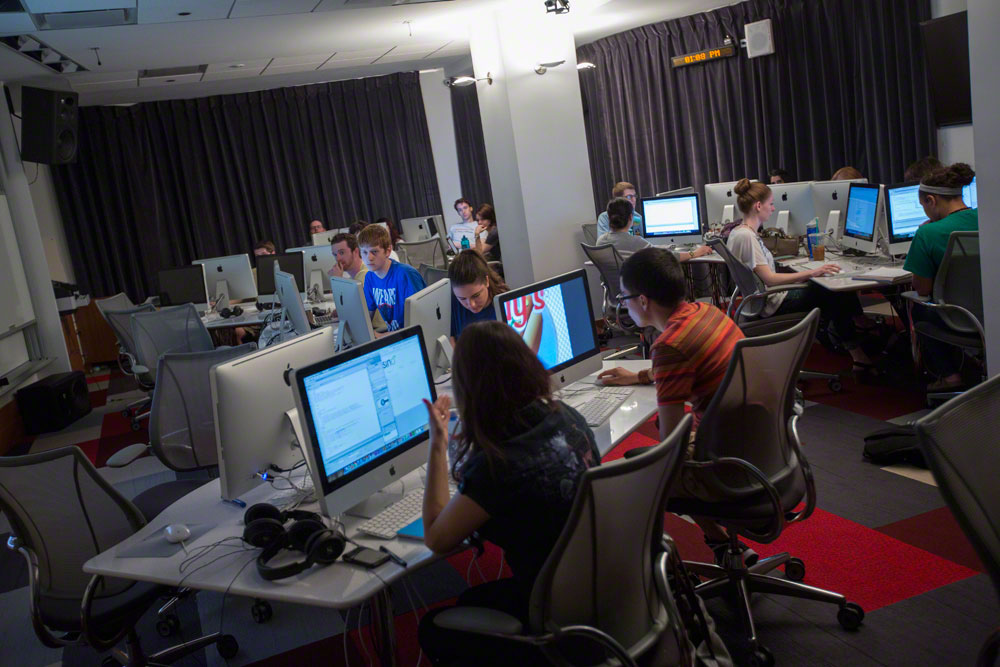
Internships integrate accredited academic coursework with periods of supervised, relevant experiences in the workplace. Internships not only provide students with an opportunity to practice and apply knowledge in a field of study but also provide a learning scaffold for real-world workplace issues such as morality and ethics, spirituality, diversity, values-based leadership, managing conflict, change management and leadership.
Strategies and Resources
- Employ online asynchronous discussion forums. Student schedules vary; create online forums for sharing and community-building as well as for more formal academic discussions.
- Encourage shared learning—employ theoretical readings or resources as a lens through which to review and reflect upon their workplace experiences.
- Create assignments that build the student's career portfolio and develop career skills such as writing a resume and interviewing for a job.
Sample Assignments: University Internship
1. Write a 2-3 page memo describing your internship organization
Imagine yourself as an outside business/management consultant retained by your organization. You have quickly identified a surprising problem: upper management does not have a clear understanding of its own business. Your assignment is to compose a memo to the organization's top executives, concisely stating your initial assessment and understanding of the organization. This memo should thoroughly describe the organization's history, mission, core business(es), key customers/clients, primary competitors, leading sources of revenue/funding, hierarchy structure and job titles and how the organization contributes to society.Ideas: conduct research via the Annual Report, brochures, company web site, as well as probing veteran colleagues.
Given what you know abut the company from your research, what suggestions do you have for improving it, e.g., employee relations, product/service offerings, customer service techniques, marketing strategies?
- How have specific readings and discussions from this and other courses informed your suggestions?
- In addition, conduct a literature review and find a journal article that speaks to your suggested improvements. Attach it to the memo.
2. Participate in an online discussion about a reading
Read Nelson and Quick's chapter on managing workplace diversity in their book
Organization Behavior: Foundations, Realities and Challenges. As you construct your responses and postings to the following forum questions, refer to the article as a source of support. Please identify quotations that help to address your own thoughts, and cite these quotations with a page number.
- Nelson and Quick look at a number of diversity issues, such as: cultural diversity, gender diversity, age diversity, and ability diversity.Of the four, which do you find to be the most pressing diversity issue in today's workplace? Why?
- Nelson and Quick make many points that support the need for diversity in the workplace. From your position, what is the best point they make and why? Do they make any points you view as weak?
- Tell us about a workplace situation that you found to be richly rewarding--mainly because it demanded and depended on its diverse workforce.
Further Reading
ICE Blog (2020) "Educational Theory Made Practical -- Volume 4, Part 10: Kolb's Experiential Learning Theory."
Moon, Jennifer (2004). A Handbook of Reflective and Experiential Learning: Theory and Practice. New York: RoutledgeFalmer.
Further Resources
- Assists faculty in creating and enhancing academic internship and career development courses.
- Connects students to internship opportunities and listings.
- Informs faculty about Career and Life Experiences courses, which fulfill students' Experiential Learning Requirement.